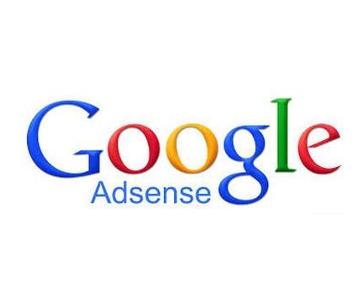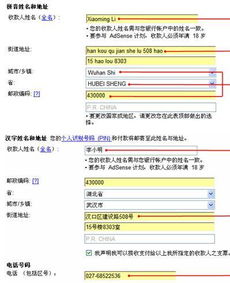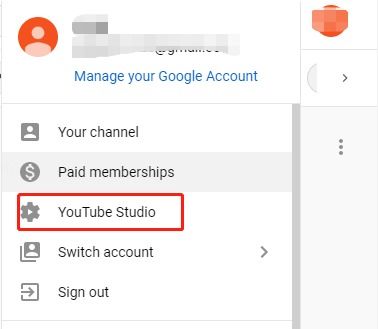Are you looking to monetize your website with Google AdSense? If so, you’ve come to the right place. AdSense monetization can be a lucrative venture, but it requires a strategic approach. In this article, I’ll delve into the intricacies of AdSense monetization, providing you with a comprehensive guide to maximize your earnings.
Understanding Google AdSense

Google AdSense is an advertising platform that allows website owners to display relevant ads on their sites and earn money based on user interactions. Whether it’s clicks, impressions, or other forms of engagement, AdSense can be a significant source of revenue for your website.
Setting Up Your AdSense Account

Before you can start monetizing your website with AdSense, you need to set up an account. Here’s a step-by-step guide to help you get started:
- Visit the Google AdSense website and sign up for an account.
- Provide your website URL and other necessary information.
- Agree to the AdSense terms and conditions.
- Wait for Google to review your application and activate your account.
Creating Ad Units

Once your account is activated, you can create ad units to display on your website. Here’s how to do it:
- Log in to your AdSense account and navigate to the “My Ads” section.
- Click on “New Ad Unit” and choose the type of ad you want to display (e.g., text, image, or responsive).
- Customize the ad unit settings, such as size, color, and ad format.
- Generate the ad code and copy it to your website’s HTML.
Optimizing Ad Placement and Design
Proper ad placement and design can significantly impact your AdSense earnings. Here are some tips to optimize your ad units:
- Place ads in high-traffic areas, such as above the fold, in the sidebar, or at the bottom of your content.
- Experiment with different ad formats and sizes to find what works best for your website.
- Ensure that your ads blend well with your website’s design and don’t distract from the user experience.
Improving Content Quality
High-quality content is the foundation of a successful AdSense monetization strategy. Here’s how to enhance your content:
- Focus on creating valuable, informative, and engaging content that appeals to your target audience.
- Optimize your content for search engines to drive organic traffic to your website.
- Regularly update your website with fresh and relevant content.
Targeting High-Paying Keywords
Targeting high-paying keywords can significantly boost your AdSense earnings. Here’s how to identify and incorporate these keywords into your content:
- Use keyword research tools to identify high-paying keywords relevant to your niche.
- Incorporate these keywords naturally into your content, ensuring they read smoothly and don’t compromise the quality of your writing.
Monitoring and Analyzing Your Performance
Regularly monitoring and analyzing your AdSense performance is crucial for maximizing your earnings. Here’s how to do it:
- Use the AdSense reporting dashboard to track your earnings, impressions, clicks, and other metrics.
- Analyze your ad performance and identify areas for improvement.
- Adjust your ad placements, formats, and targeting strategies based on your findings.
Staying Compliant with AdSense Policies
It’s essential to comply with Google AdSense policies to avoid account suspension or penalties. Here are some key points to keep in mind:
- Do not click on your own ads or use any deceptive practices to generate fake clicks.
- Ensure that your website’s content is original and does not infringe on any copyright or trademark rights.
- Follow Google’s guidelines for ad placement, design, and user experience.
Conclusion
AdSense monetization can be a rewarding endeavor for website owners. By following these tips and strategies, you can optimize your AdSense earnings and create a sustainable revenue stream for your website. Remember to focus on creating high-quality content, targeting high-paying keywords,
